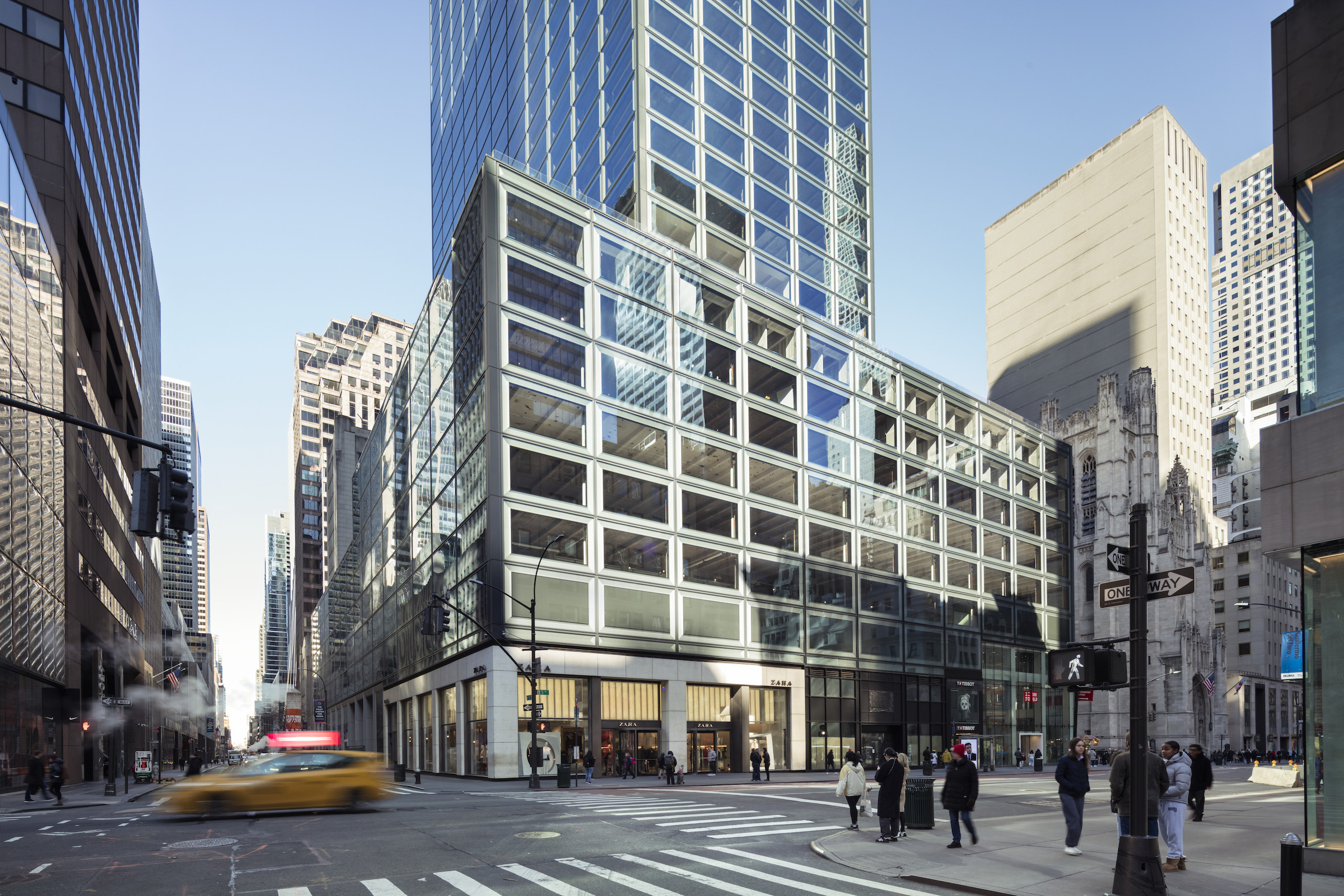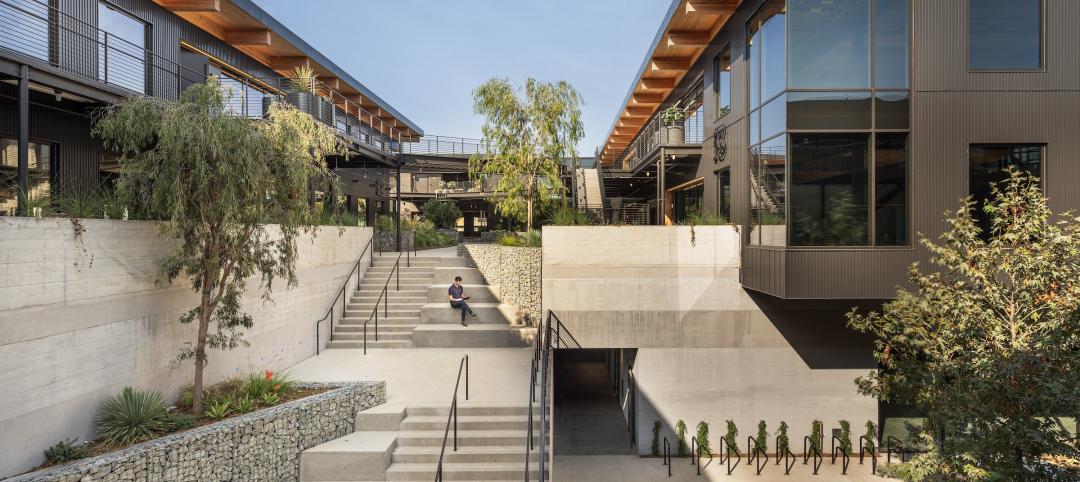The modernization of a mid-century Midtown Manhattan office tower features a new façade intended to improve occupant comfort and reduce energy consumption. The building, at 666 Fifth Avenue, was originally designed by Carson & Lundin.
First opened in November 1957 when it was considered cutting-edge, the original façade of the 500-foot-tall modernist skyscraper was highly inefficient by today’s energy efficiency standards. Using an early version of a semi-unitized curtain wall, the old façade featured units with punched aluminum panels on the bottom and a single glass pane on top. This was advantageous in its light weight, but yielded poor energy efficiency. The project team chose a full reskinning as the best option to upgrade the aging building.
The new façade features the largest single-pane units ever used on an office development in New York City, according to a blog post at KPF.com. These large panes created efficiencies in construction, logistics, and structural detailing. Panel fabricators used a single cut, yielding only minimal waste when producing each unit. Situated inside a four-sided shadowbox, the panels span the full width between columns and the full height between floors. This approach tripled the window area, bringing in plentiful daylight for tenants.
Other improvements on the 1.2 million-sf office tower include:
- Mechanical upgrades for high-efficiency heating and air systems that draw in greater quantities of fresh air.
- A reconstructed lobby with modernized elevators that will support a retail space.
- Numerous columns and low ceilings were eliminated from office floors to maximize interior space.
- Some units offer double-height spaces and interconnected floors, taking advantage of the building’s wide range of floor plate sizes.
- Designers used existing massing—a podium and tower interspersed with multiple setbacks—to create exterior terraces at multiple levels on three sides.
“One of the important aspects of an adaptive reuse project is finding the existing value in a building, and identifying areas that can create more desirable space for users," said KPF Principal Lauren Schmidt, AIA, LEED AP BD+C. "The existing façade at 660 Fifth Avenue was one of the first curtain wall systems when it was built in the 1950s and very modern at the time, but it had limitations in terms of thermal and acoustical insulation, as well as small windows. We approached the façade as a clean slate and proposed opening it up completely with units that would span column to column. This, in a sense, allowed the columns to disappear and create open views. It was a great opportunity to propose something that was perhaps considered atypical, but actually, as we worked through the logistics of it, made sense for a number of reasons and was highly efficient.”
On the team:
Client: Brookfield Properties
Design Architect (full services): Kohn Pedersen Fox (KPF)
MEP Engineer: Cosentini Associates
Structural Engineer: Gilsanz Murray Steficek (GMS)
General contractor: Turner Construction
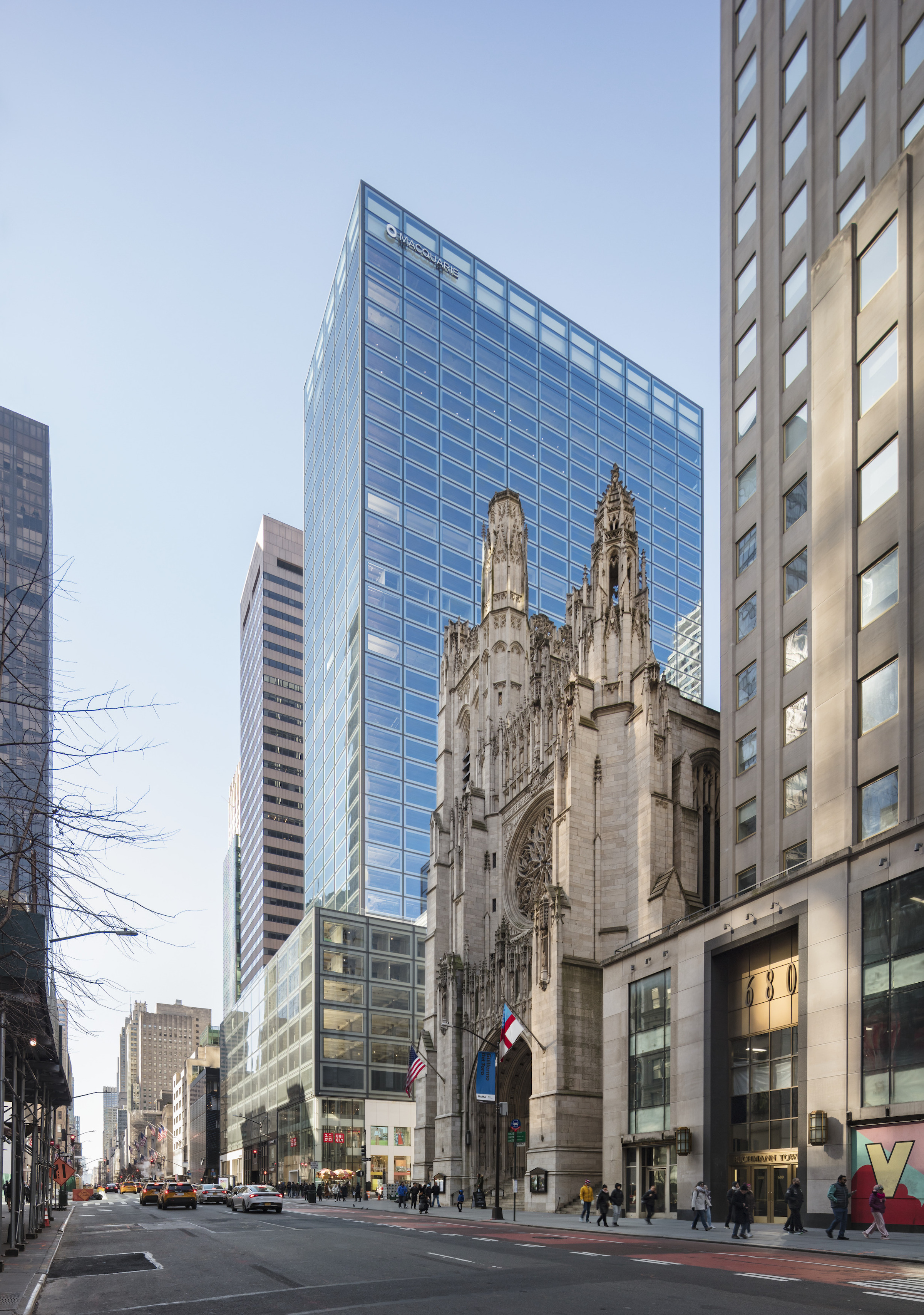
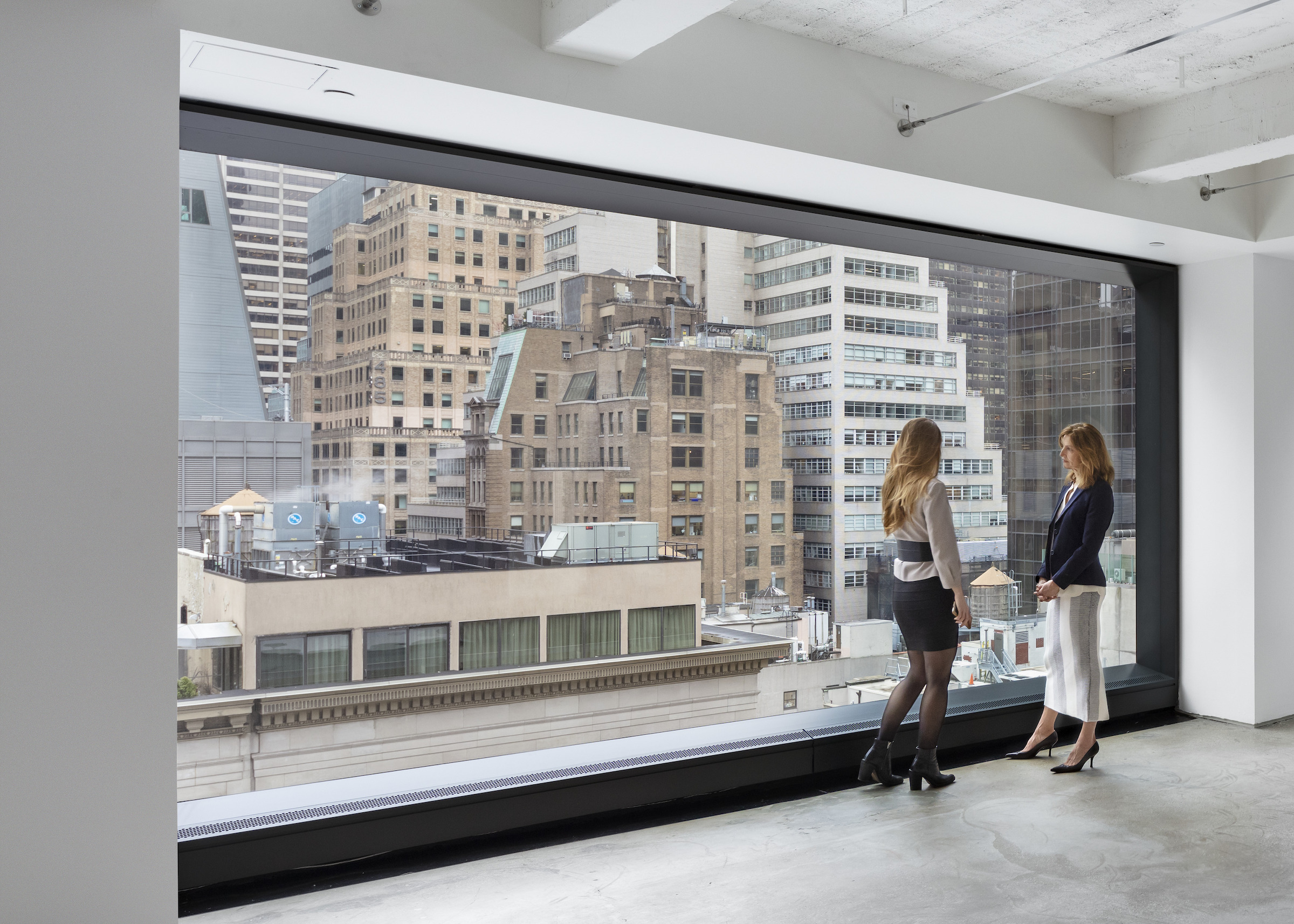
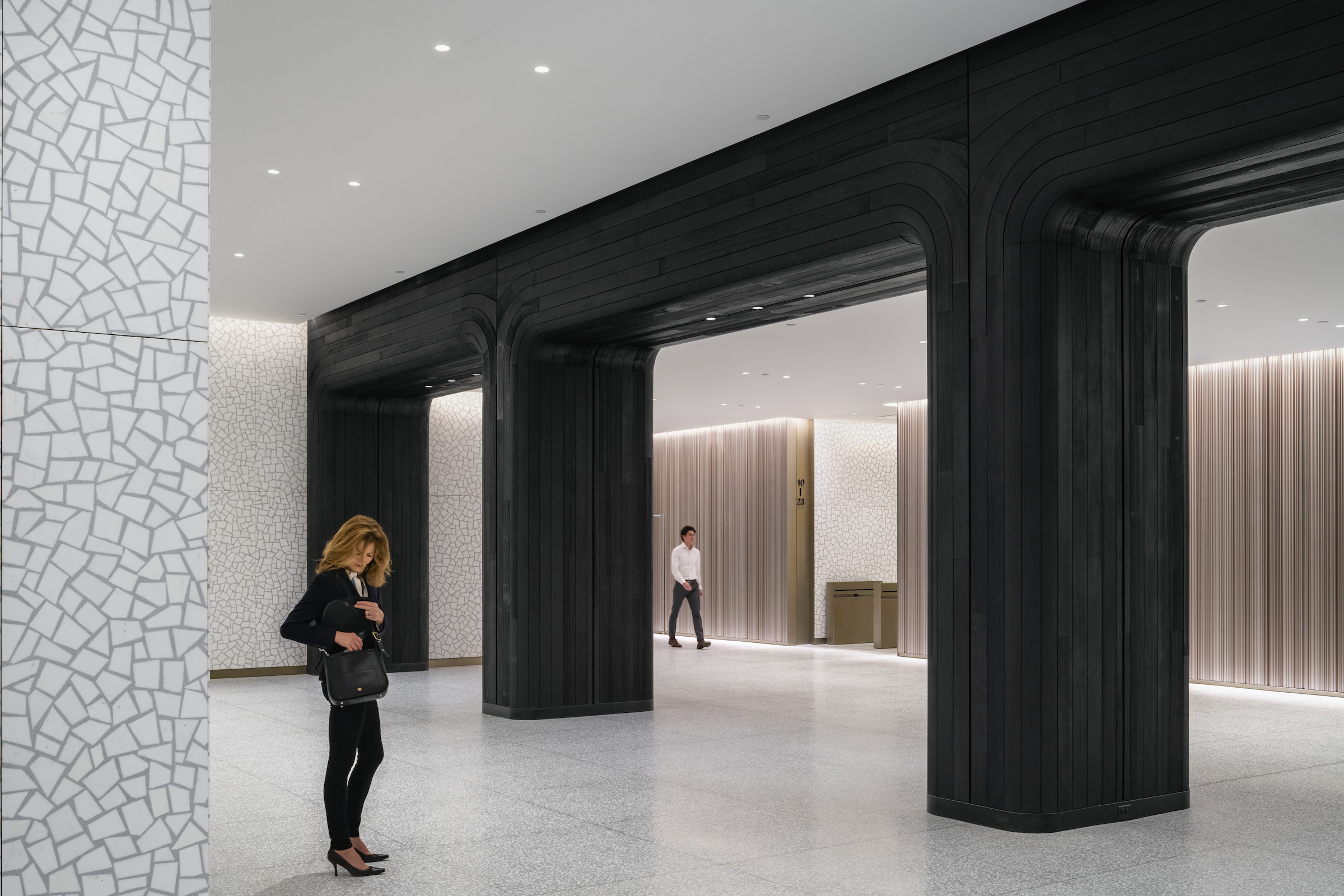
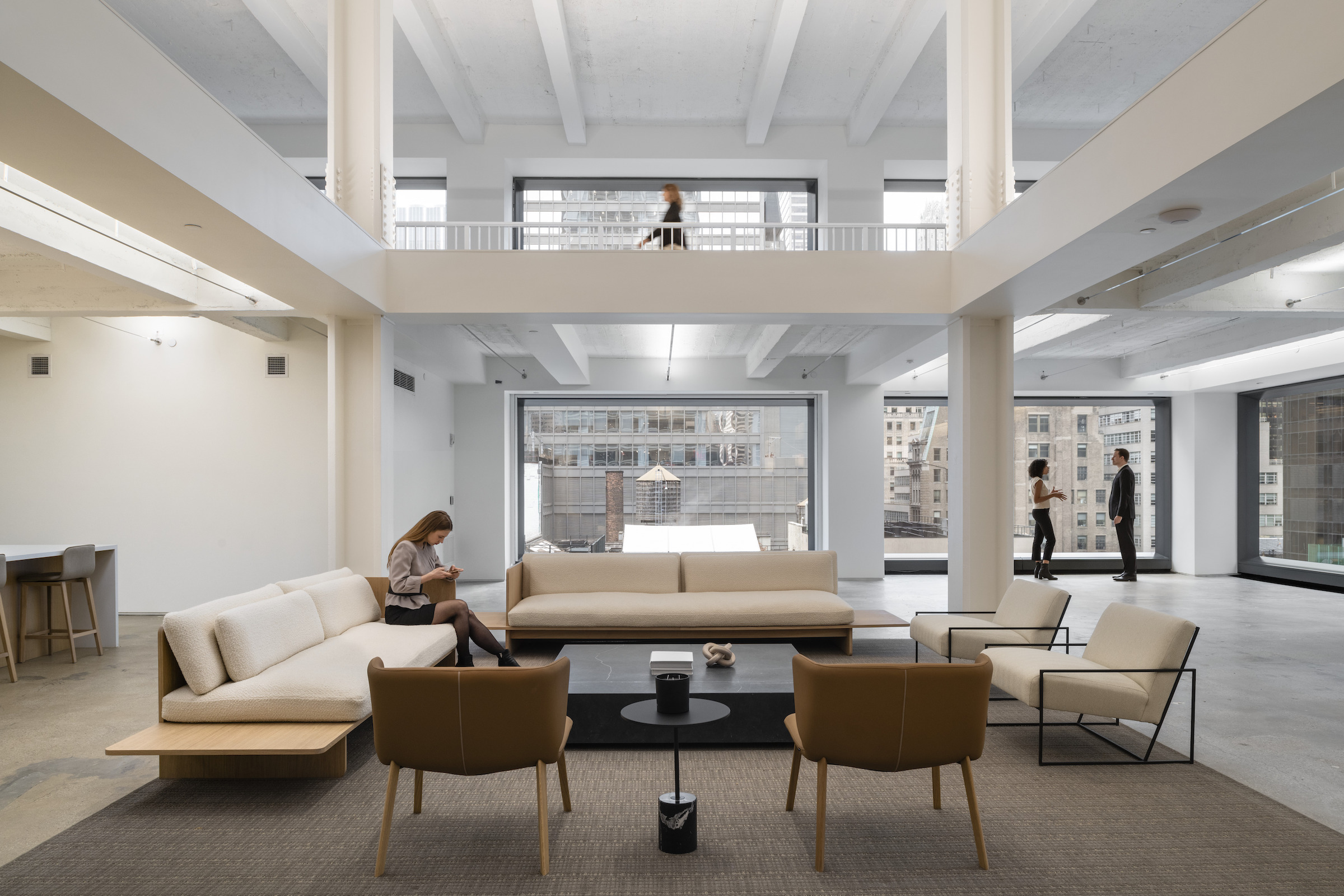
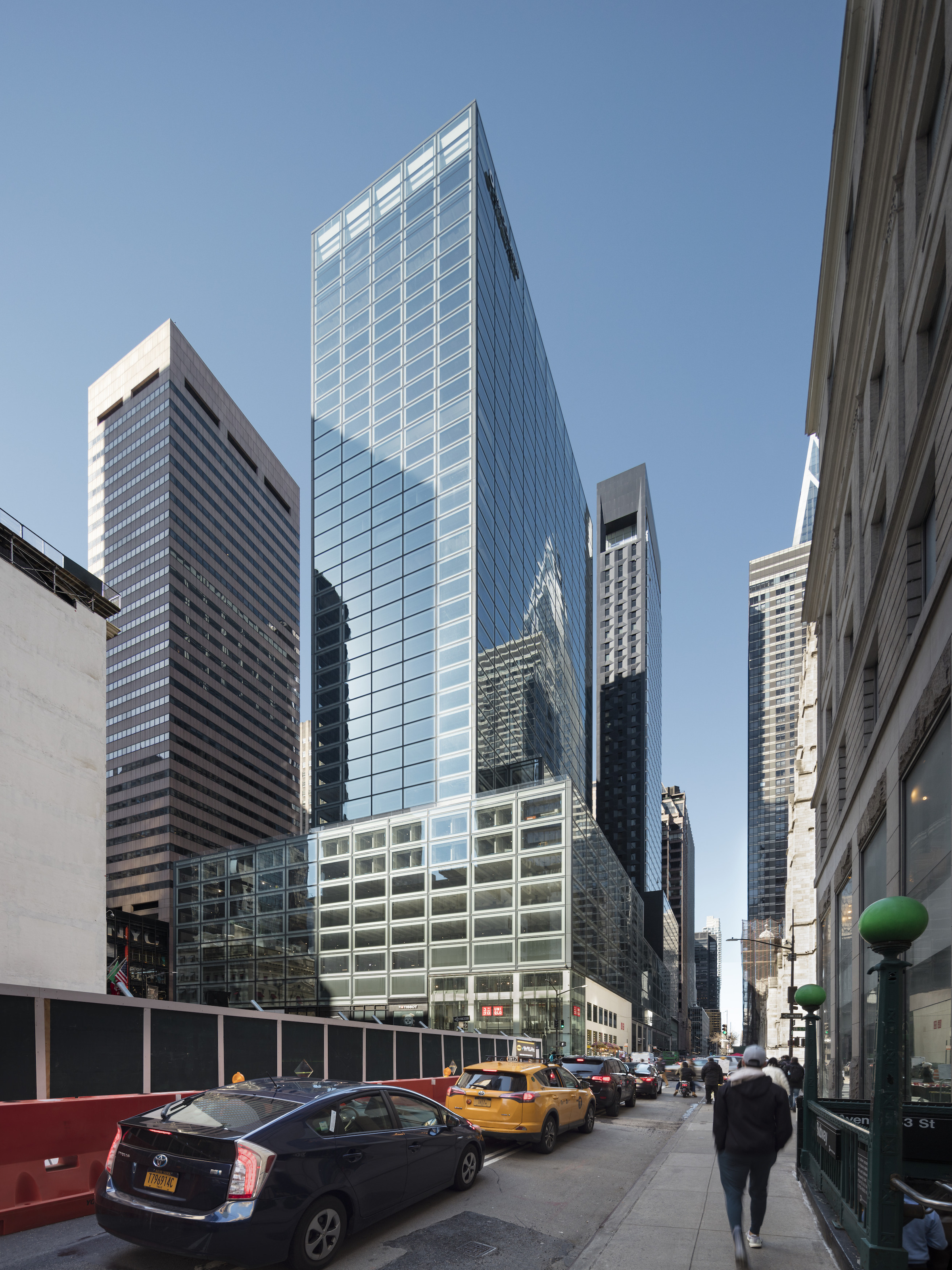
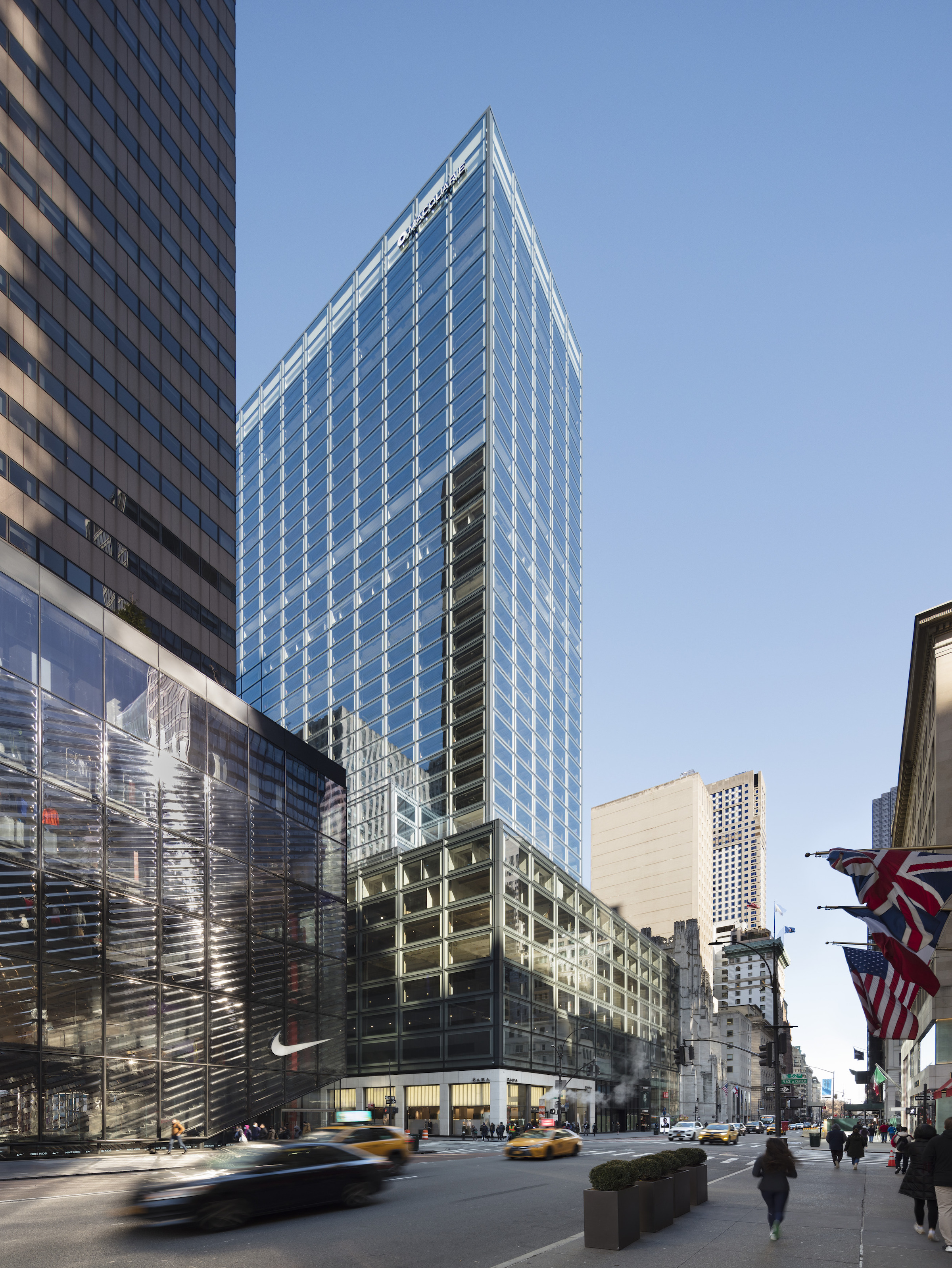
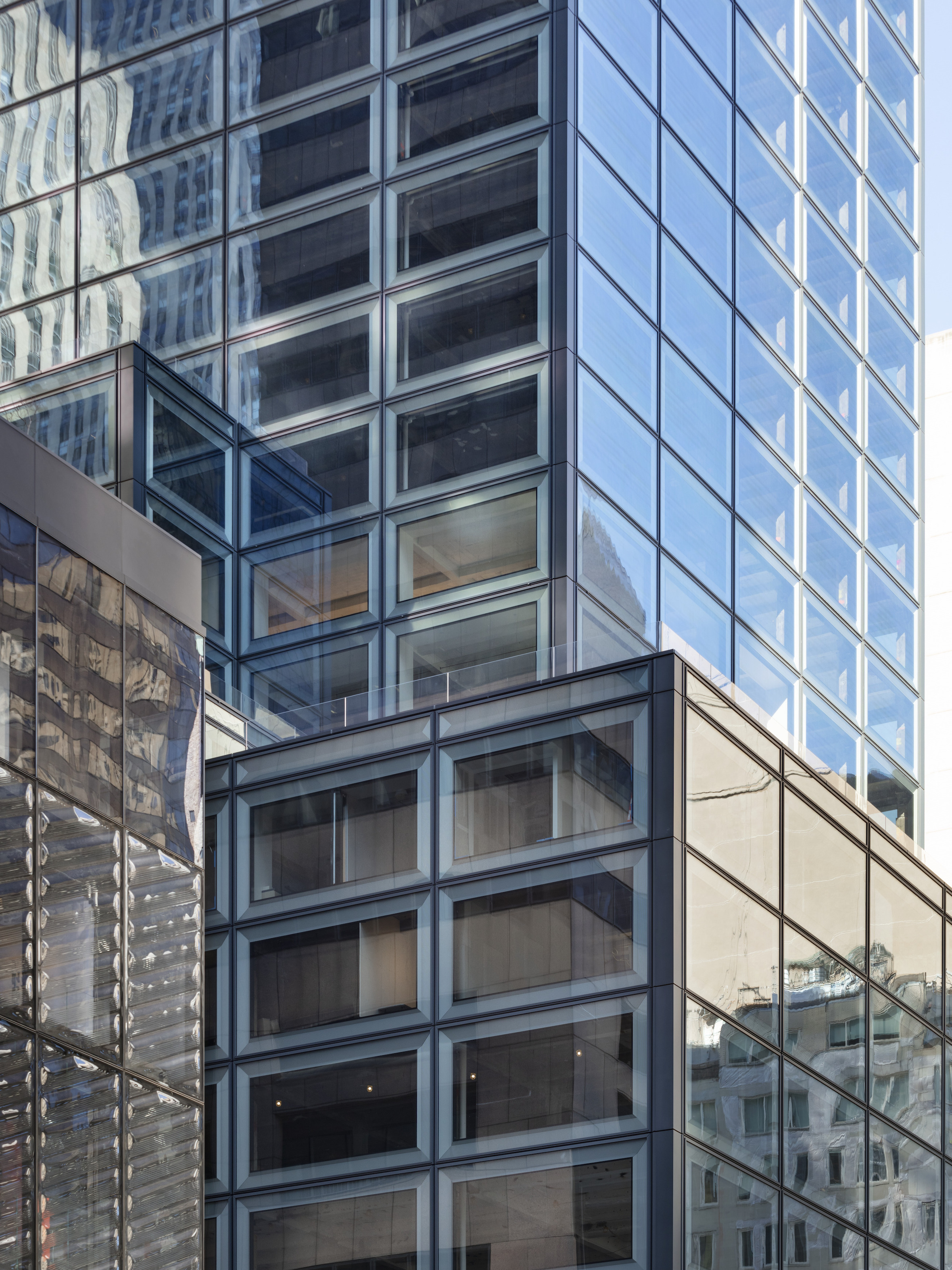
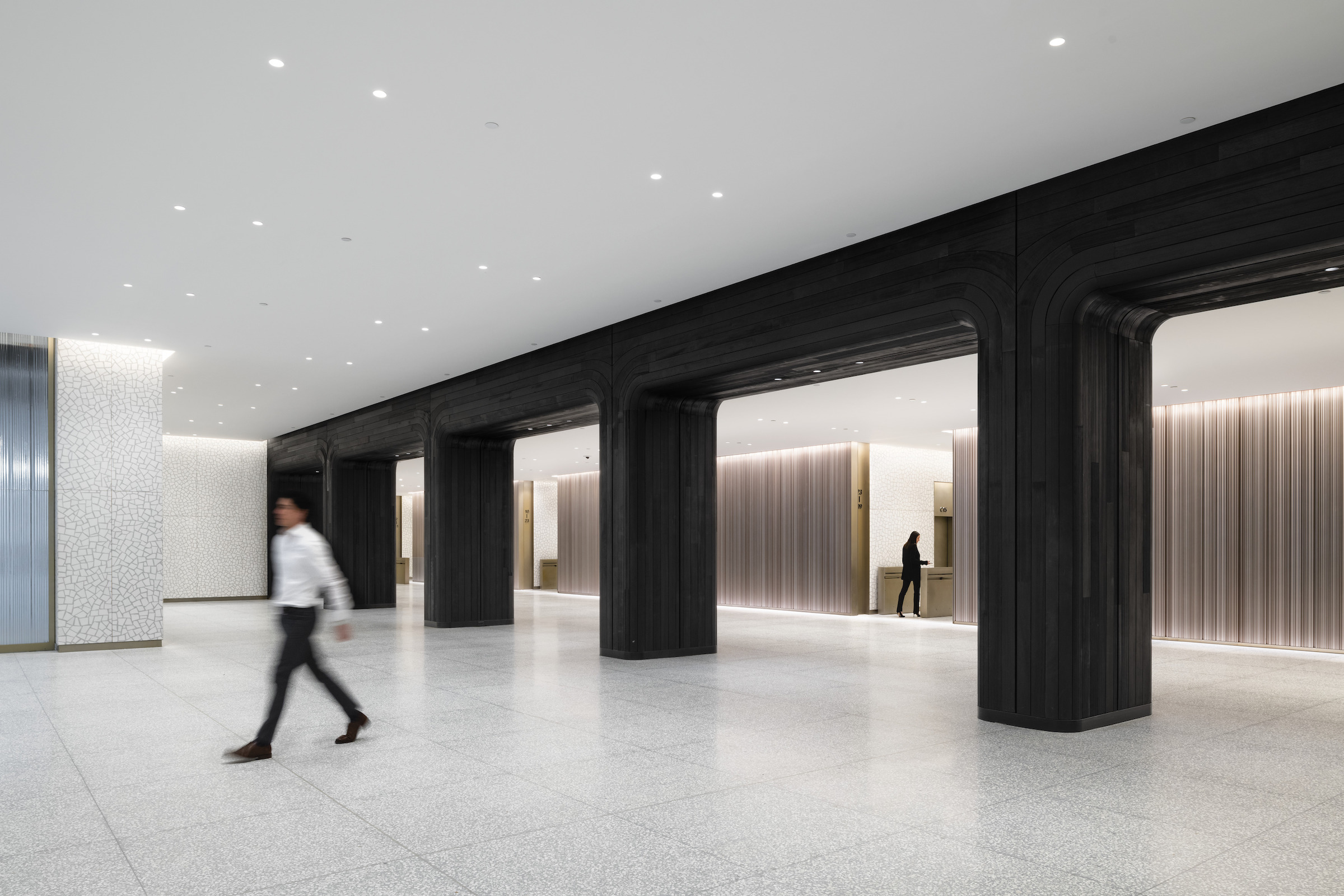
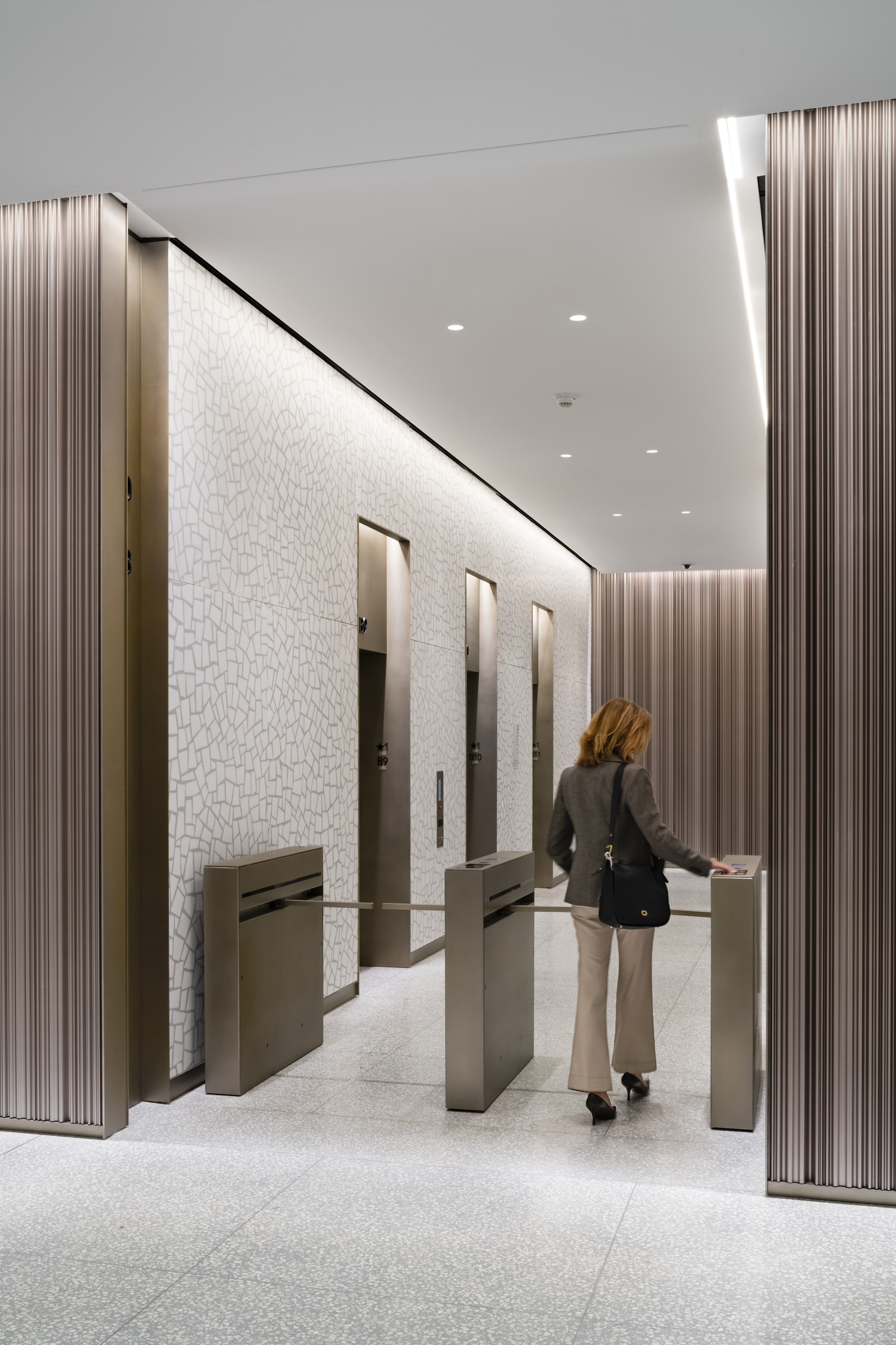
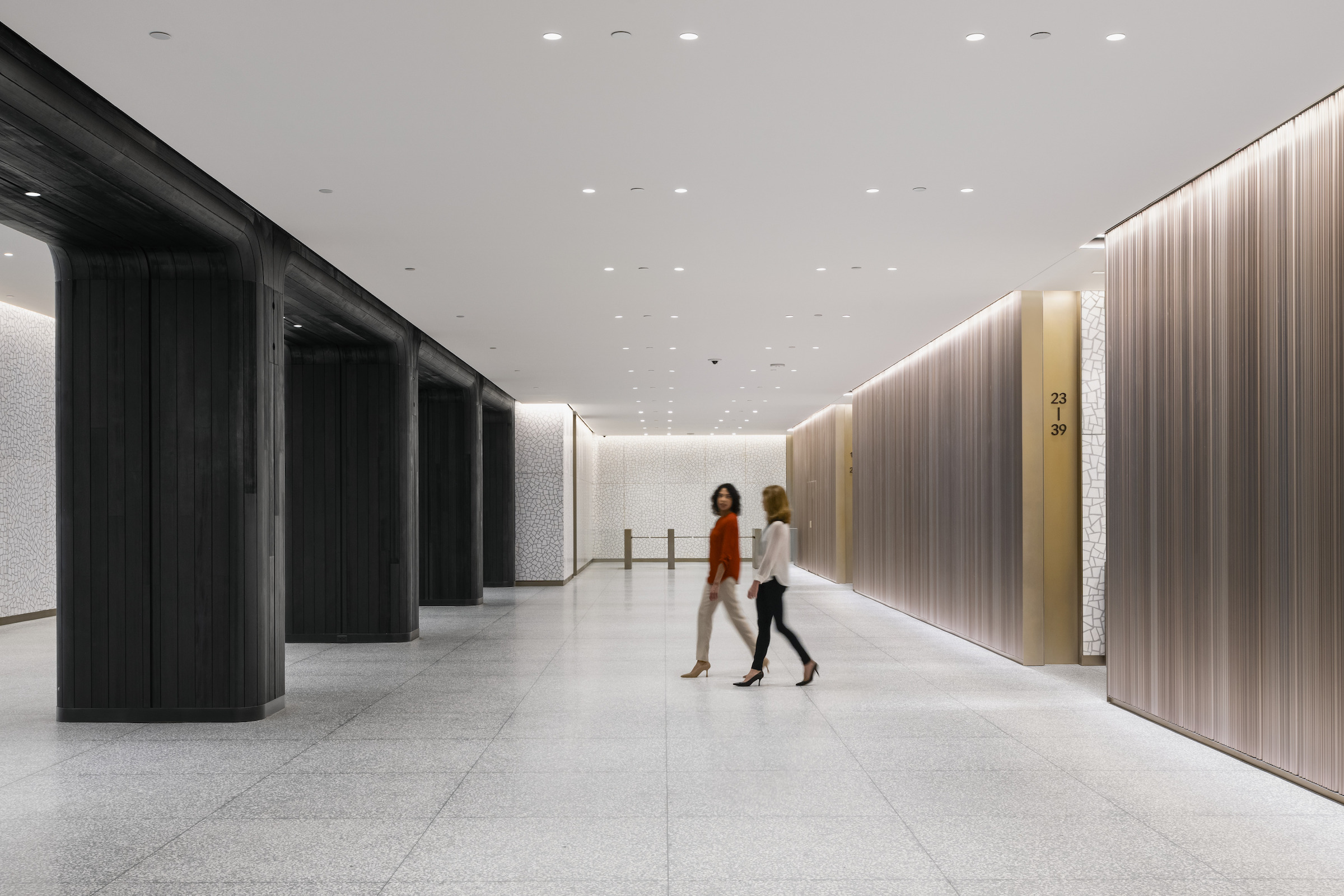
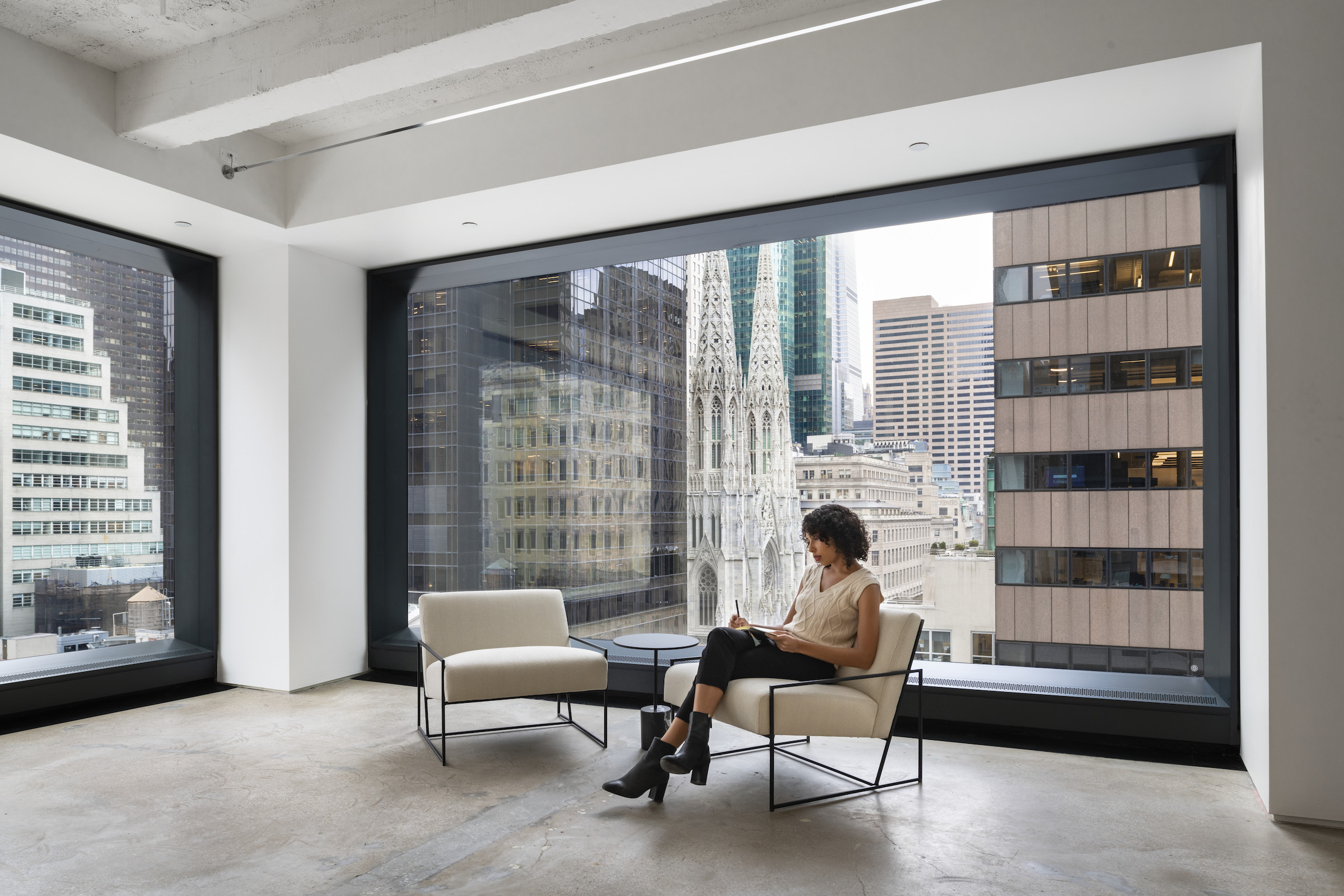
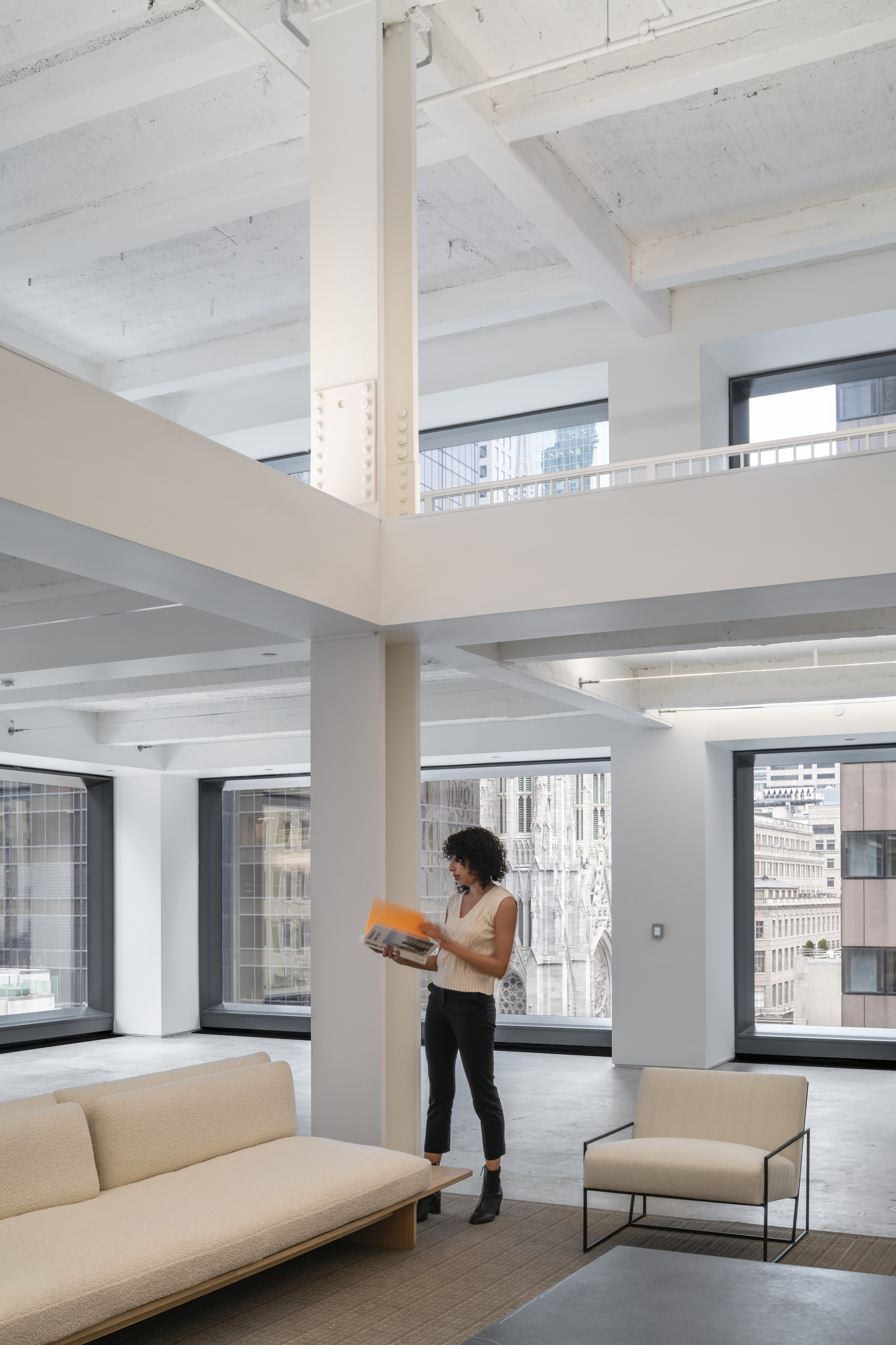
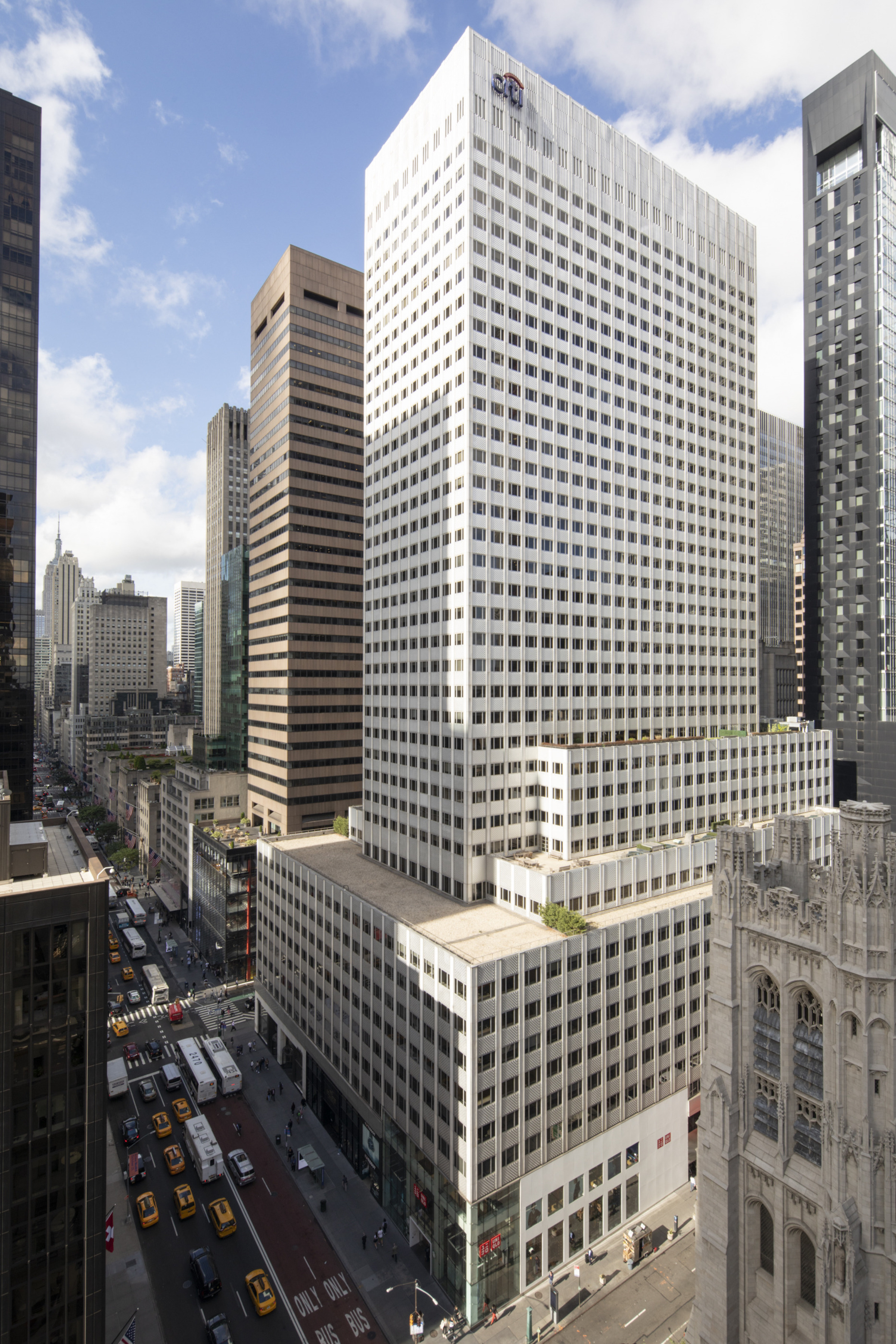
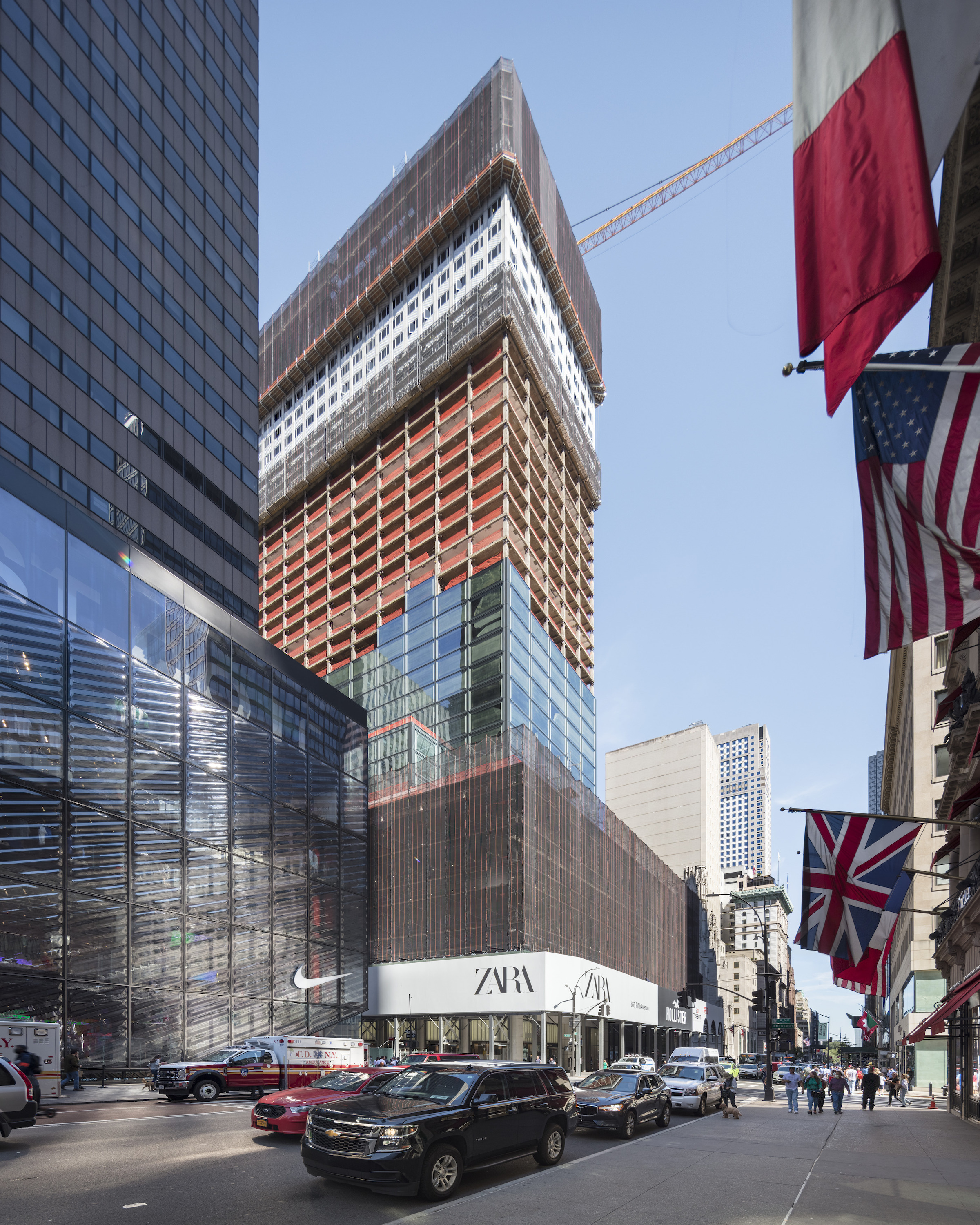
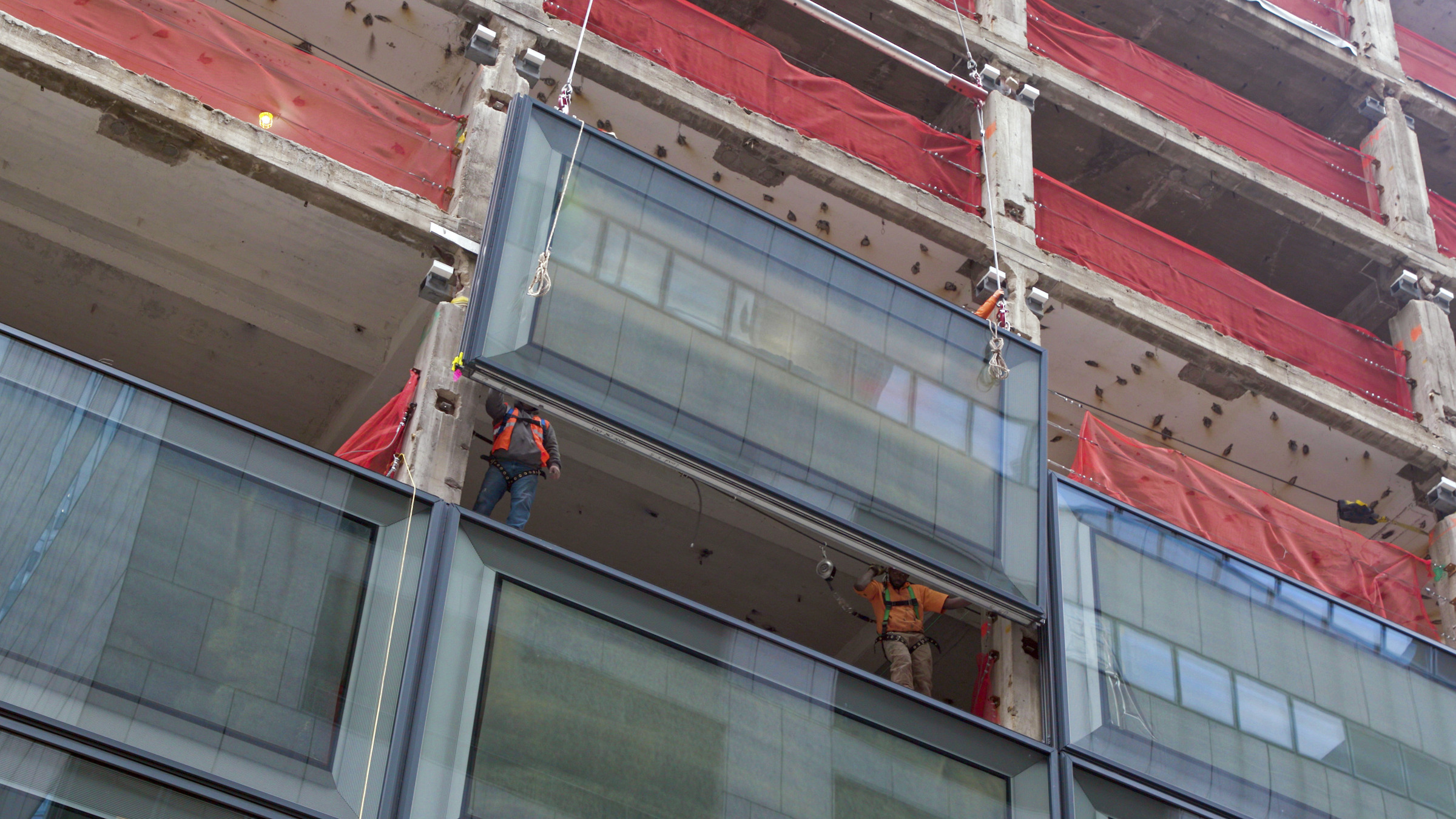
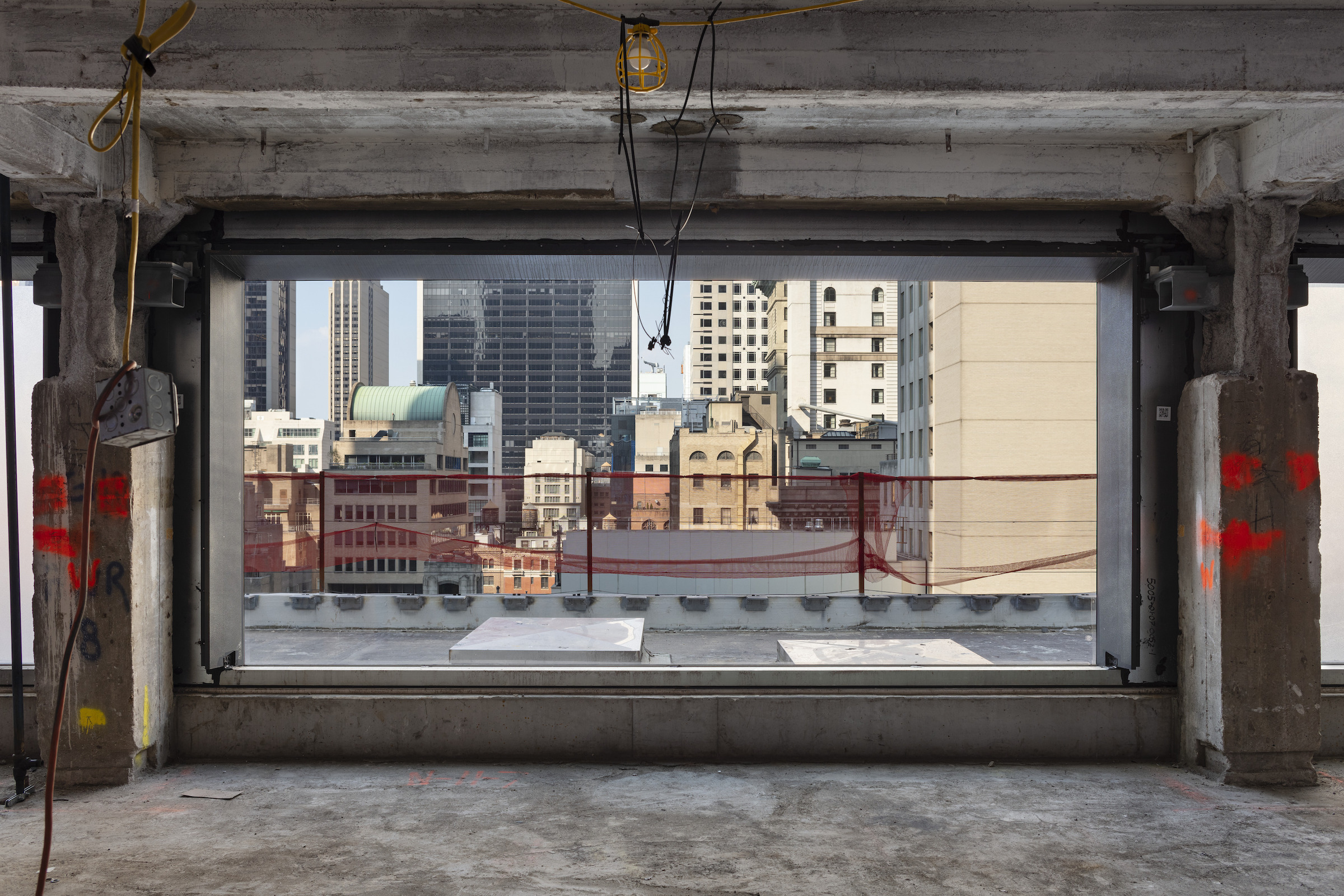
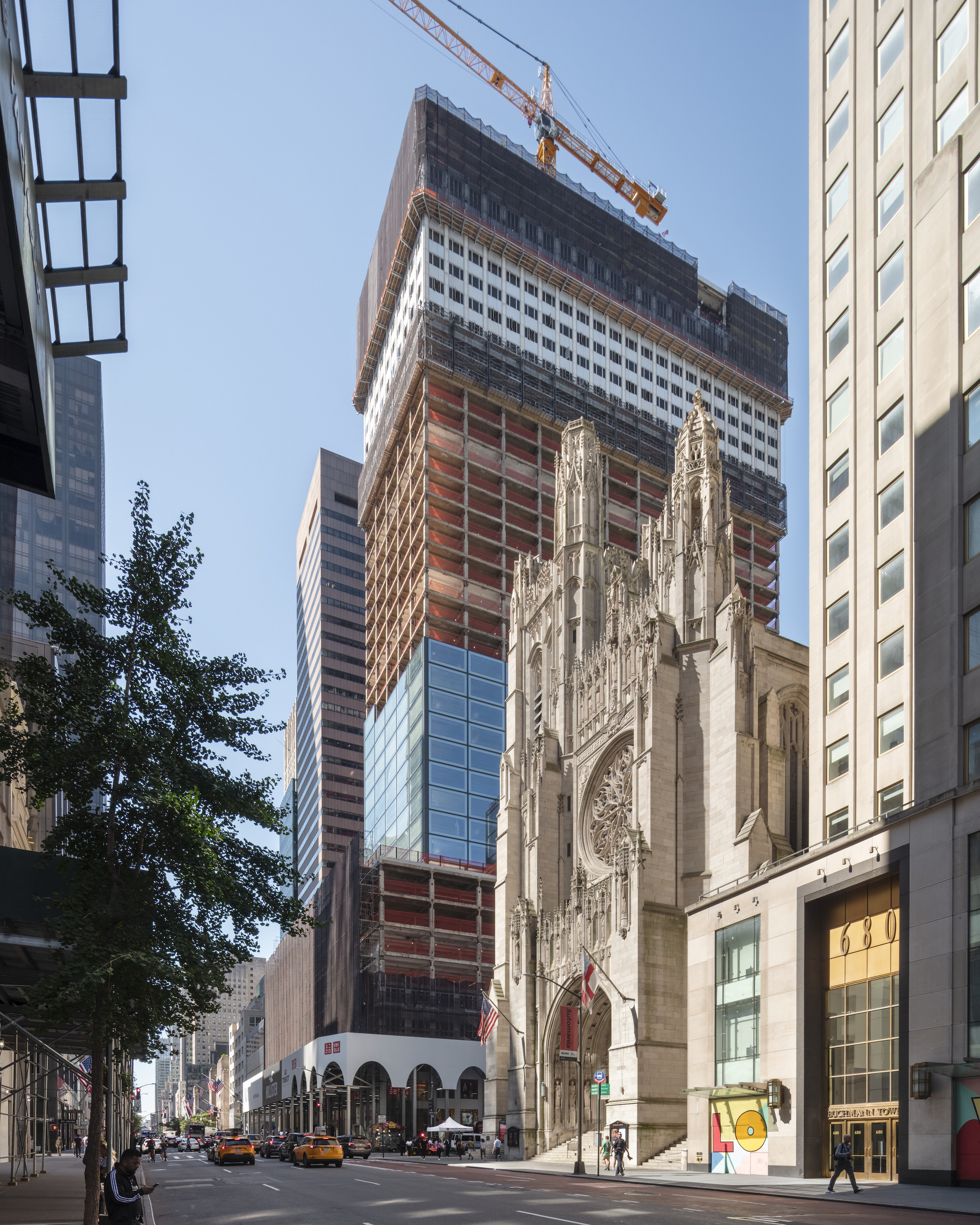
Related Stories
Office Buildings | Oct 29, 2024
Editorial call for Office Building project case studies
BD+C editors are looking to feature a roundup of office building projects for 2024, including office-to-residential conversions. Deadline for submission: December 6, 2024.
Office Buildings | Oct 21, 2024
3 surprises impacting the return to the office
This blog series exploring Gensler's Workplace Survey shows the top three surprises uncovered in the return to the office.
Sustainable Design and Construction | Oct 10, 2024
Northglenn, a Denver suburb, opens a net zero, all-electric city hall with a mass timber structure
Northglenn, Colo., a Denver suburb, has opened the new Northglenn City Hall—a net zero, fully electric building with a mass timber structure. The 32,600-sf, $33.7 million building houses 60 city staffers. Designed by Anderson Mason Dale Architects, Northglenn City Hall is set to become the first municipal building in Colorado, and one of the first in the country, to achieve the Core certification: a green building rating system overseen by the International Living Future Institute.
MFPRO+ News | Oct 9, 2024
San Francisco unveils guidelines to streamline office-to-residential conversions
The San Francisco Department of Building Inspection announced a series of new building code guidelines clarifying adaptive reuse code provisions and exceptions for converting office-to-residential buildings. Developed in response to the Commercial to Residential Adaptive Reuse program established in July 2023, the guidelines aim to increase the viability of converting underutilized office buildings into housing by reducing regulatory barriers in specific zoning districts downtown.
The Changing Built Environment | Sep 23, 2024
Half-century real estate data shows top cities for multifamily housing, self-storage, and more
Research platform StorageCafe has conducted an analysis of U.S. real estate activity from 1980 to 2023, focusing on six major sectors: single-family, multifamily, industrial, office, retail, and self-storage.
Government Buildings | Sep 17, 2024
OSHA’s proposed heat standard published in Federal Register
The Occupational Safety and Health Administration (OSHA) has published a proposed standard addressing heat illness in outdoor and indoor settings in the Federal Register. The proposed rule would require employers to evaluate workplaces and implement controls to mitigate exposure to heat through engineering and administrative controls, training, effective communication, and other measures.
Mass Timber | Sep 17, 2024
Marina del Rey mixed-use development is L.A.’s largest mass timber project
An office-retail project in Marina del Rey is Los Angeles’ largest mass timber project to date. Encompassing about 3 acres, the 42XX campus consists of three low-rise buildings that seamlessly connect with exterior walkways and stairways. The development provides 151,000 sf of office space and 1,500 sf of retail space.
Office Buildings | Sep 16, 2024
Maximizing office square footage through ‘agile planning’
Lauren Elliott, RID, NCIDQ, Director of Interior Design, Design Collaborative, shares tips for a designing with a popular and flexible workspace model: Agile planning.
Adaptive Reuse | Sep 12, 2024
White paper on office-to-residential conversions released by IAPMO
IAPMO has published a new white paper titled “Adaptive Reuse: Converting Offices to Multi-Residential Family,” a comprehensive analysis of addressing housing shortages through the conversion of office spaces into residential units.
Office Buildings | Sep 6, 2024
Fact sheet outlines benefits, challenges of thermal energy storage for commercial buildings
A U.S. Dept. of Energy document discusses the benefits and challenges of thermal energy storage for commercial buildings. The document explains how the various types of thermal energy storage technologies work, where their installation is most beneficial, and some practical considerations around installations.


